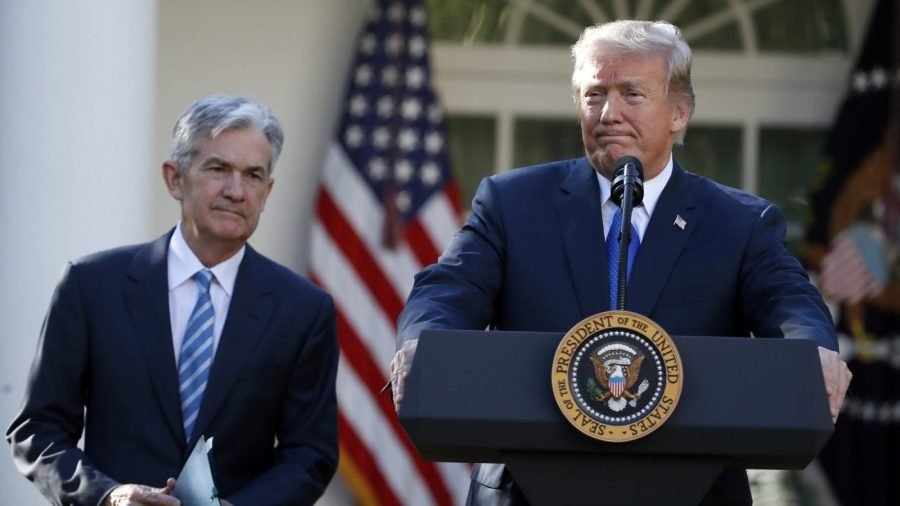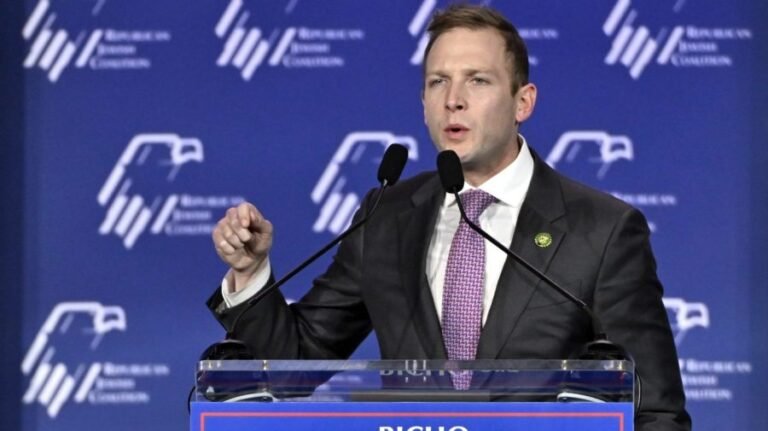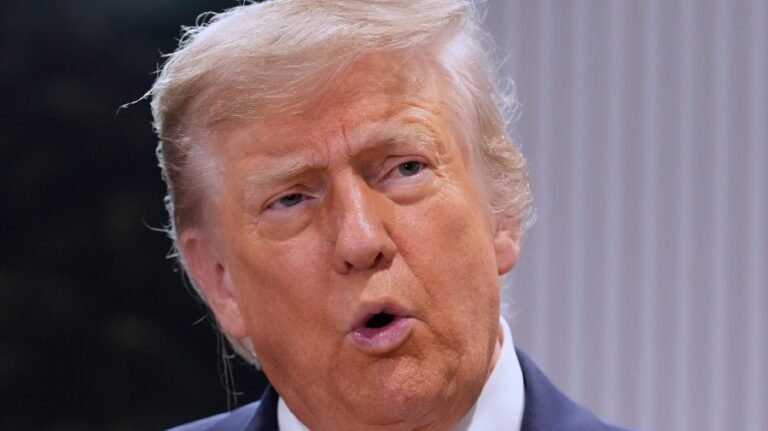
President Trump’s on-again, off-again interest in firing Jerome Powell, whom he appointed in 2018, isn’t so much a policy decision as it is a necessary feature of post-truth populism. It comes from the impulse to blur legal boundaries in pursuit of immediate political gratification, regardless of long-term consequences.
Trump wants Powell to lower interest rates to offset the economic damage caused by the his own populist tariffs. Powell’s formal recognition that tariffs can fuel inflation, just as lower rates can, is taken by Trump not as economic reasoning, but as a gesture of personal disloyalty.
There is historical precedent for this sort of meddling, and it is instructive. In the early 1970s, President Richard Nixon privately pressured Federal Reserve Chair Arthur Burns to keep interest rates low in the run-up to the 1972 election. The goal was full employment — or, more precisely, the appearance of it.
Burns, fearing political fallout, capitulated. Inflation soon soared, peaking above 12 percent by 1974. That breach of central bank independence helped set the stage for the painful economic correction that followed.
To crush the inflationary spiral, Federal Reserve Chair Paul Volcker, appointed by President Jimmy Carter and retained by President Ronald Reagan, raised interest rates to nearly 20 percent. His move triggered a recession, a spike in unemployment and a storm of public backlash. Volcker reportedly received death threats. But he restored the Fed’s credibility, and his resolute stance became the gold standard for central bank independence.
It is precisely that irksome independence that Trump yearns to unsettle. Legal scholars continue to debate whether a president can fire a Fed chair before the end of their term. Trump, of course, believes he can, and has spent months floating the idea with advisers and potential replacements. Trump’s persistence serves as a reminder that one of his greatest talents is his understanding that merely floating corruptive ideas helps to normalize them.
Any matter of constitutional ambiguity is fertile ground for a Trumpian assault. But the more pressing concern is the pattern: Trump blurs norms to achieve what he cannot through law or persuasion. Institutions become tools to affirm his narratives or punish those who disrupt them.
Treasury Secretary Scott Bessent rightly called the Fed’s independence a “jewel box.” Trump is determined to pry it open — not for the good of the economy, but because the contents will flatter his personal vanity. That instinct has nothing to do with monetary stewardship, and everything to do with turning neutral institutions into post-truth stage props.
History offers a warning. We have seen what happens when the central bank bends to political will. The bills come due — with interest.
Stephen Schneider trained in medicine before turning to investing and finance. He studied philosophy prior to obtaining his M.D.


